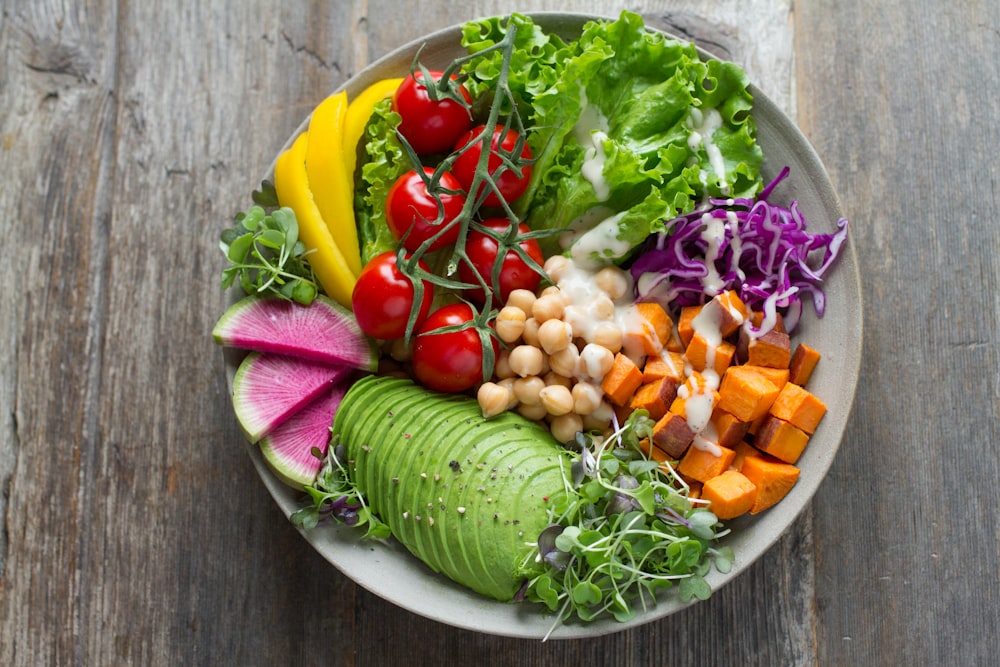Russian Salad Rendezvous Exploring Classic Flavors
Savory Delights: Exploring Russian Salad Recipes
A Culinary Journey Begins
Embark on a culinary adventure with Russian salad, a dish that has captured the hearts and taste buds of food enthusiasts worldwide. Originating from Russia, this versatile salad has evolved over the years, with each variation offering a unique blend of flavors and textures. Let’s delve into the world of Russian salad recipes and uncover the secrets behind this beloved dish.
The Essence of Russian Salad
At its core, Russian salad is a harmonious blend of diced vegetables, potatoes, eggs, and mayonnaise, often accompanied by additional ingredients such as pickles, peas, and ham. The beauty of Russian salad lies in its simplicity and adaptability, allowing for endless variations to suit individual preferences and dietary restrictions.
Classic Variations
Traditional Russian salad recipes often feature ingredients like boiled potatoes, carrots, and peas, mixed with diced hard-boiled eggs and pickles, all bound together with a creamy mayonnaise dressing. This classic version exudes nostalgia and comfort, evoking memories of family gatherings and holiday feasts.
Modern Twists
In recent years, chefs and home cooks alike have been putting their own spin on the traditional Russian salad recipe, incorporating a wide array of ingredients and flavors to create innovative and contemporary variations. From adding fresh herbs and spices to substituting mayonnaise with yogurt or sour cream, the possibilities are endless when it comes to reinventing this timeless dish.
Gourmet Creations
For those seeking a gourmet experience, Russian salad can be elevated to new heights with the addition of premium ingredients such as smoked salmon, lobster, or caviar. These luxurious variations offer a decadent twist on the classic recipe, perfect for special occasions or indulgent dining experiences.
Health-Conscious Options
For health-conscious individuals, lightened-up versions of Russian salad are also available, featuring a higher proportion of vegetables and lean proteins, along with lighter dressings made from Greek yogurt or olive oil. These nutritious alternatives provide all the flavor of the traditional dish with fewer calories and less fat.
Cultural Significance
Beyond its culinary appeal, Russian salad holds significant cultural importance in many countries around the world. In Russia, it is commonly served during festive occasions such as New Year’s Eve celebrations, while in other parts of Europe and Latin America, it is a popular side dish at family gatherings and social events.
Versatile and Adaptable
One of the most appealing aspects of Russian salad is its versatility. Whether served as a side dish, appetizer, or main course, this hearty salad can be enjoyed in a variety of settings and occasions. Its ability to complement a wide range of cuisines makes it a favorite among chefs and home cooks alike.
The Joy of Sharing
Like many beloved dishes, Russian salad has a way of bringing people together. Whether shared with loved ones at the dinner table or enjoyed at a potluck or picnic, this humble yet delicious salad has a knack for fostering connections and creating lasting memories.
Conclusion
In conclusion, Russian salad is more than just a dish—it’s

